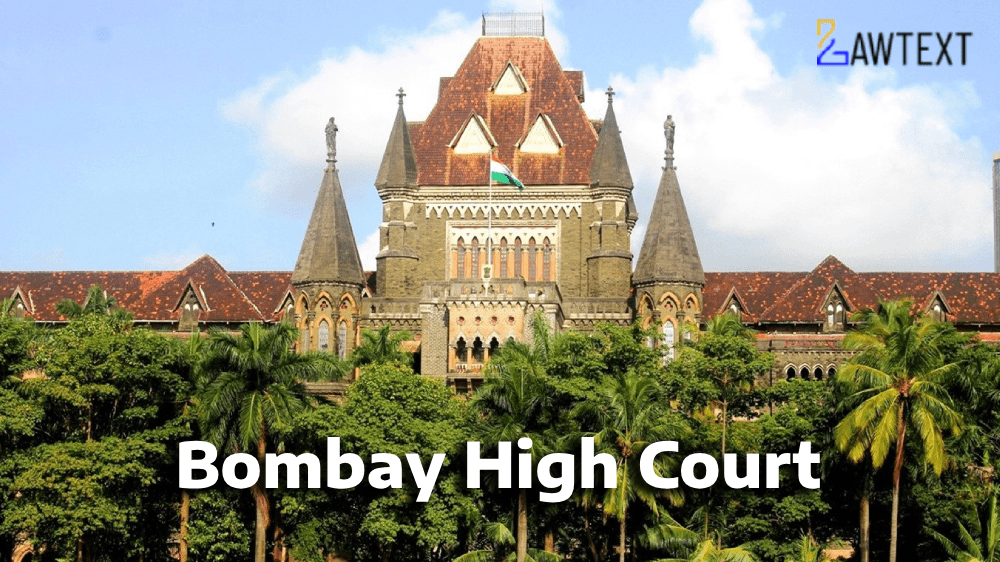High Court of Bombay Reverses Land Resumption Order Due to Procedural Violations and Misinterpretation of Grant Tenure. Land granted under perpetual Sanad cannot be resumed for breach of lease conditions.

CASE NOTE & SUMMARY
The High Court of Bombay adjudicated two writ petitions challenging the resumption of land by the Government of Maharashtra. The dispute concerned a plot in Nashik originally granted to Ahmed Fakirsaheb Kokani’s predecessor under a Sanad dated October 13, 1920. The primary issue was whether the grant was for a limited term of fifty years or in perpetuity. The Collector had resumed the land in 1988, citing the expiration of the lease and alleged breaches of its terms.
The High Court ruled in favor of the petitioner, holding that the Sanad was a grant in perpetuity and not a lease subject to a fixed term. The Court found that the Collector's resumption order was procedurally flawed as it was passed without giving the petitioner a fair opportunity to be heard. It further held that the Sanad was heritable, transferable, and only subject to reassessment of revenue every fifty years.
1. Parties and Background:
- The petitioners, heirs of Ahmed Fakirsaheb Kokani, were contesting orders from the Collector, Nashik, and subsequent administrative decisions regarding land in Nashik.
- The land was originally granted to Ahmedsaheb Kadarsaheb Kokani by the government in 1920 under a Sanad, which was claimed to be in perpetuity.
2. Collector's Orders:
- In 1988, the Collector resumed the land, citing the expiration of the lease period and breaches of Sanad conditions, including sub-letting without permission.
- The respondents were tenants of the land, who sought a permanent grant after the alleged expiration of the lease.
3. Petitioners' Submissions:
- The petitioners argued that the Sanad was a permanent grant, and the fifty-year period referred only to reassessing the land revenue.
- They contended that the Collector’s order violated principles of natural justice as it was issued without hearing the petitioners.
4. Respondents' Submissions:
- The respondents claimed that the land reverted to the government after the lease expired in 1962 and supported the resumption of land by the Collector.
5. Procedural History:
- The petitioners filed several appeals against the Collector’s orders. However, these were dismissed without being considered on merits, citing the earlier order passed by the Minister declaring the respondents as Class-II occupants.
Acts and Sections Discussed:
-
Bombay Land Revenue Code (BLRC), 1879:
- Section 133: Governs the issuance of Sanads and grants of land. The Sanad in this case was issued under this provision, granting perpetual occupancy rights.
- Section 68: Discusses the perpetual rights of an occupant subject to payment of land revenue.
-
Maharashtra Land Revenue Code, 1966 (MLRC):
- Section 29: Discusses the rights of occupancy and conditions of alienation or transfer.
- Section 248: Provides for appeals against resumption orders.
-
Government Grants Act, 1895: The respondents relied on this to support the argument that the Sanad did not provide title to the land.
Ratio Decidendi:
- The Court determined that the Sanad granted to the petitioner's predecessor was a perpetual grant, not a lease. The fifty-year period referred to in the Sanad related only to the reassessment of land revenue, not to the duration of occupancy.
- The Collector’s resumption of land without providing a fair hearing was a violation of natural justice.
- The Court ruled that there was no breach of the Sanad’s conditions, as the Sanad permitted the transfer of occupancy rights, and the petitioner retained title to the land.
Conclusion:
The High Court quashed the resumption order and subsequent government actions, holding that the petitioners were rightful occupants under a perpetual grant.
ISSUE OF CONSIDERATION
Ahmed Fakirsaheb Kokani, since deceased through his heirs Versus Ahmed Fakirsaheb Kokani, since deceased through his heirs
Citation: 2024 LawText (BOM) (7) 252
Case Number: WRIT PETITION NO. 7059 OF 1999 WITH WRIT PETITION NO. 4817 OF 1999
Date of Decision: 2024-07-25
Case Title: Ahmed Fakirsaheb Kokani, since deceased through his heirs Versus Ahmed Fakirsaheb Kokani, since deceased through his heirs
Before Judge: GAURI GODSE, J.
Advocate(s): Mr. Nikhil Sakhardande, Senior Advocate a/w. Ms. Shubhra, Swami Paranjape, Ms. Gauri Bhosale and Ms. Kinnari Mehra i/b. Veer Kankaria, for Petitioners in both the Petitions. Mr. S. S. Patwardhan i/b. Minal Shelar, for Respondent Nos. 2 to 10 in both the petitions. Ms. S.S. Bhende, AGP for respondent nos. 11 and 12-State.
Appellant: Ahmed Fakirsaheb Kokani, since deceased through his heirs
Respondent: Ahmed Fakirsaheb Kokani, since deceased through his heirs

